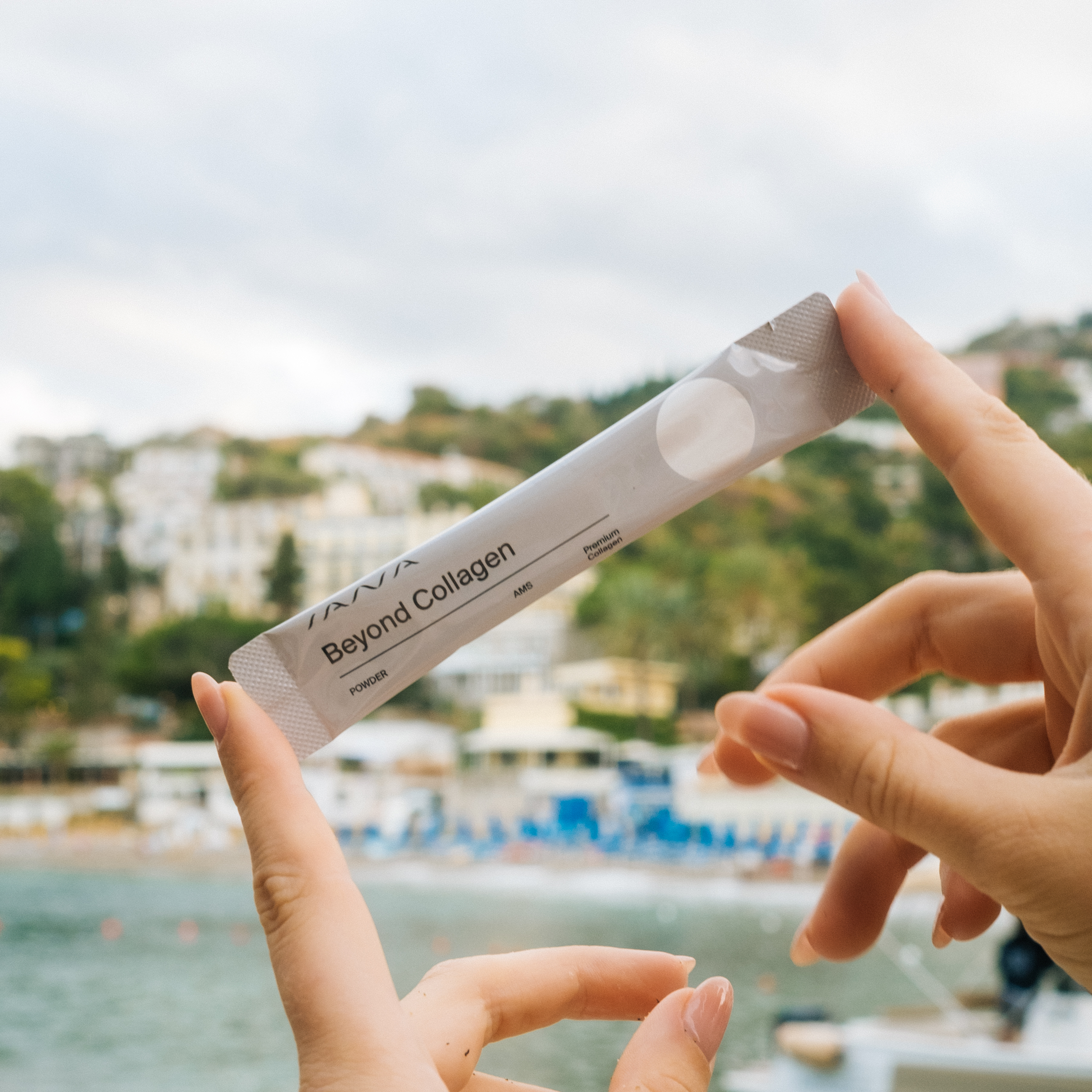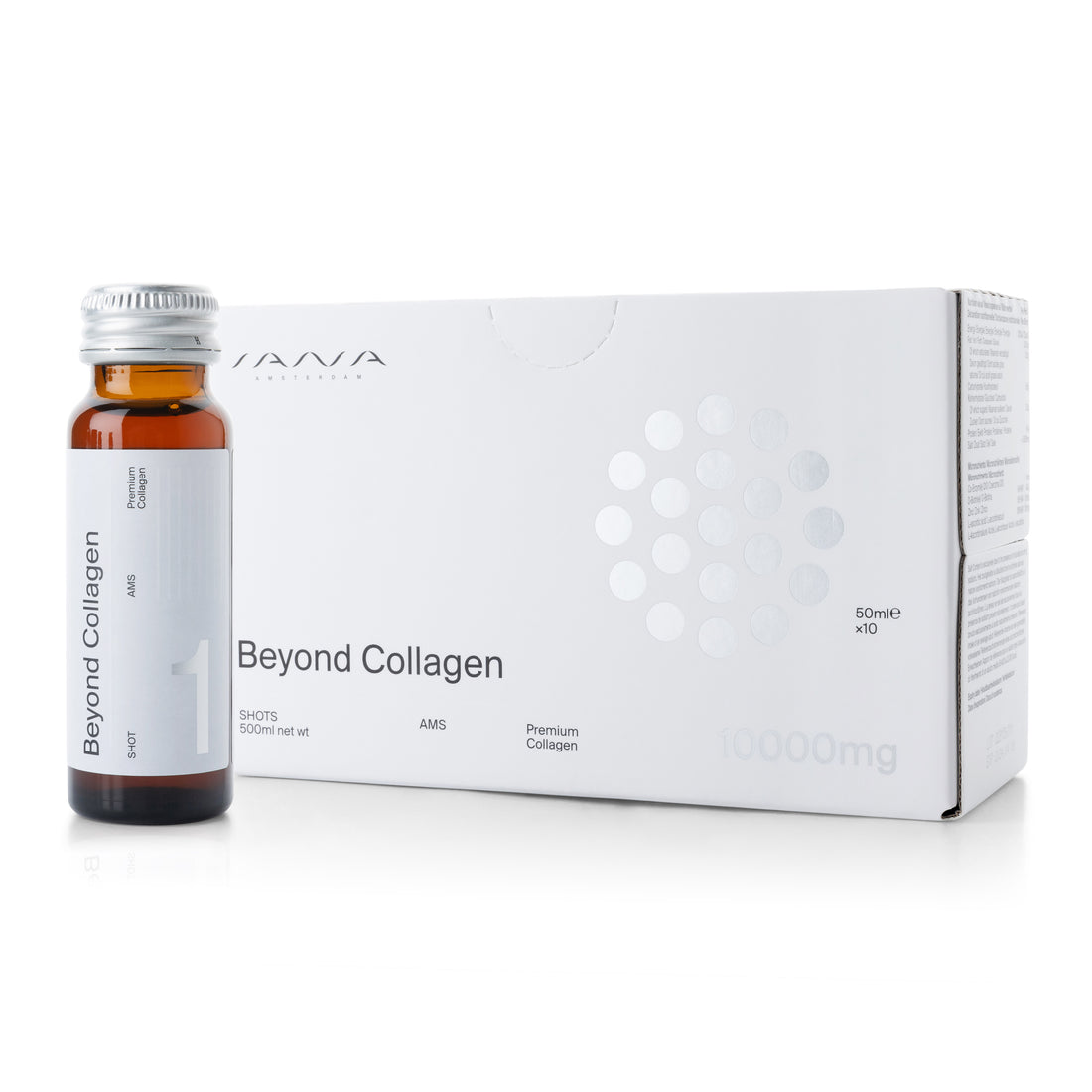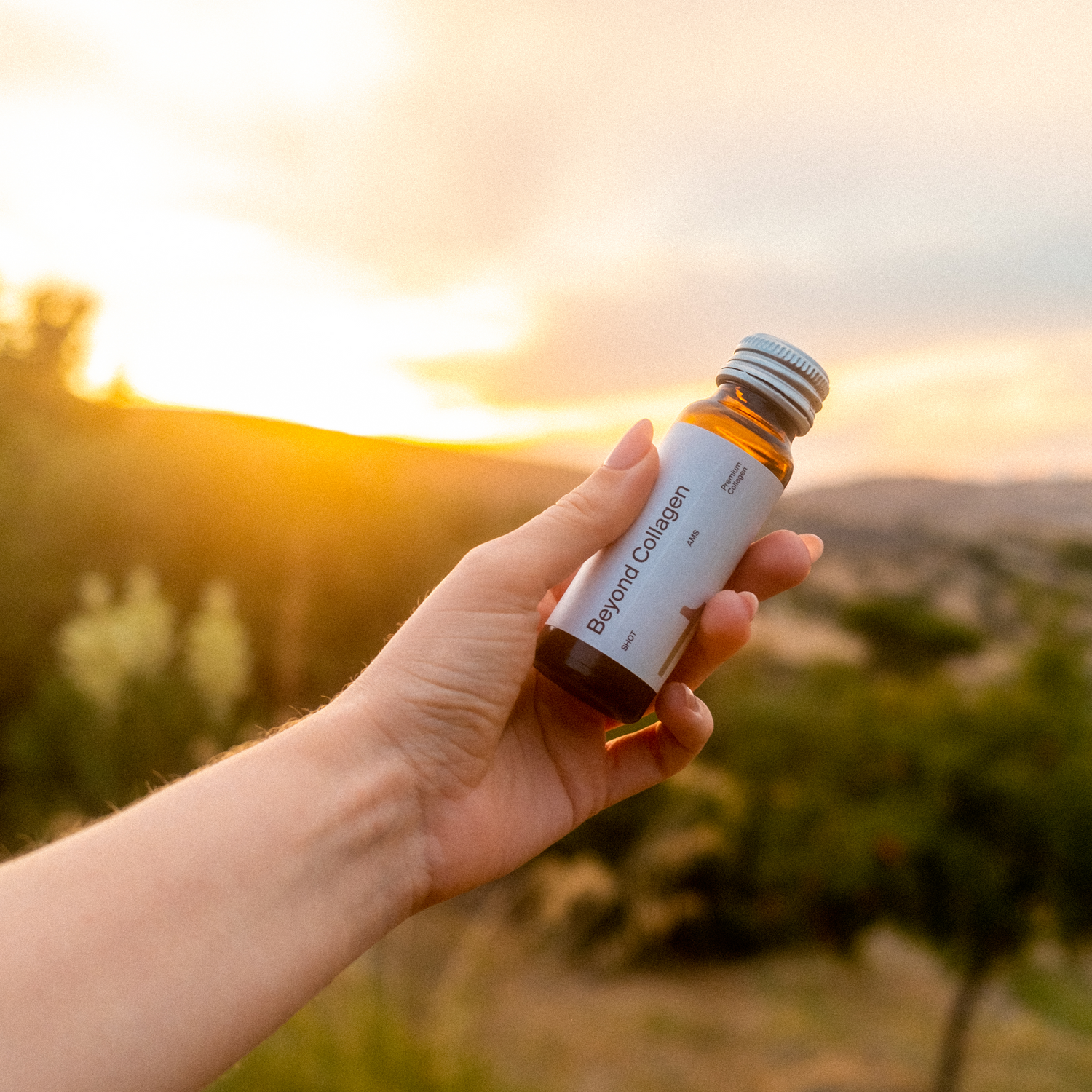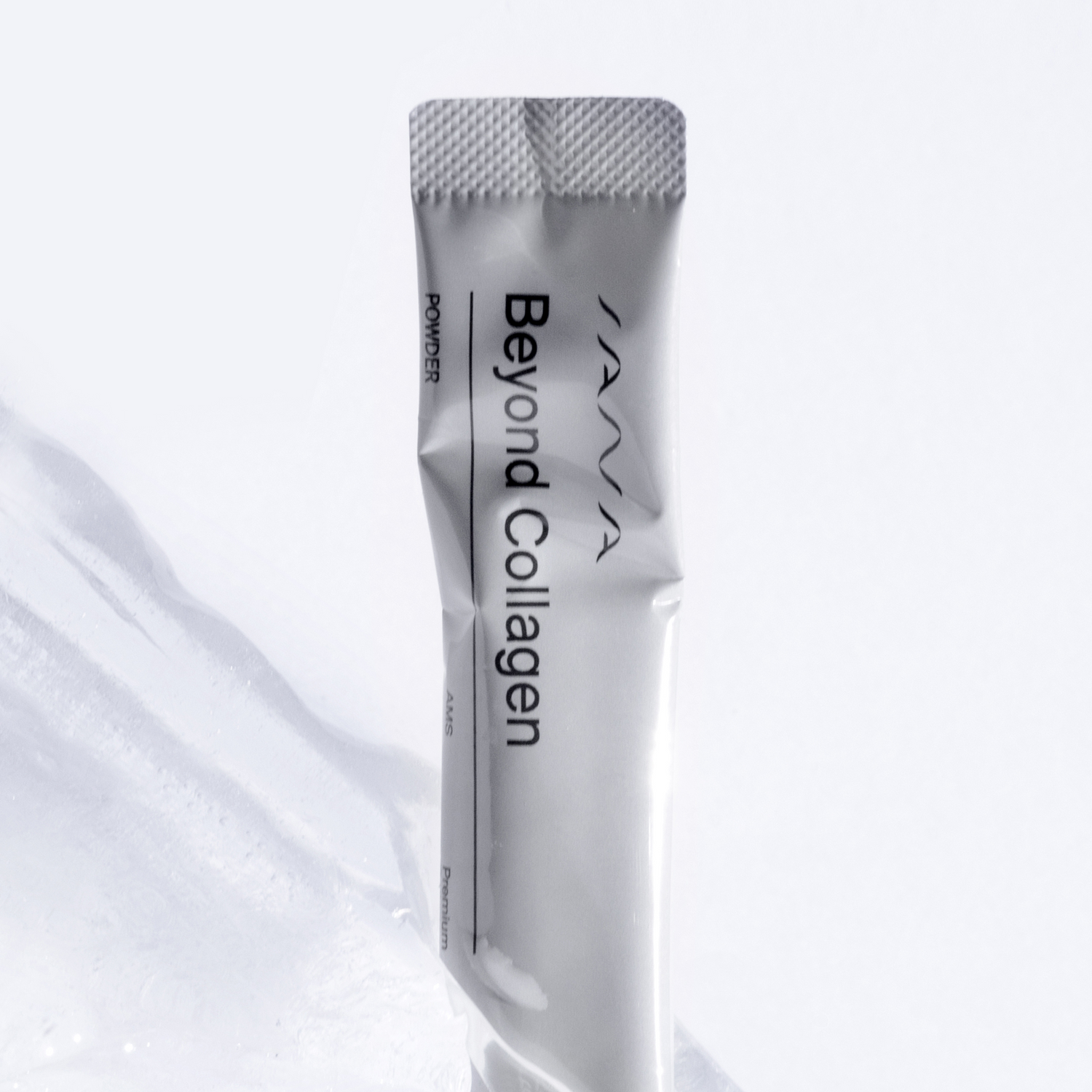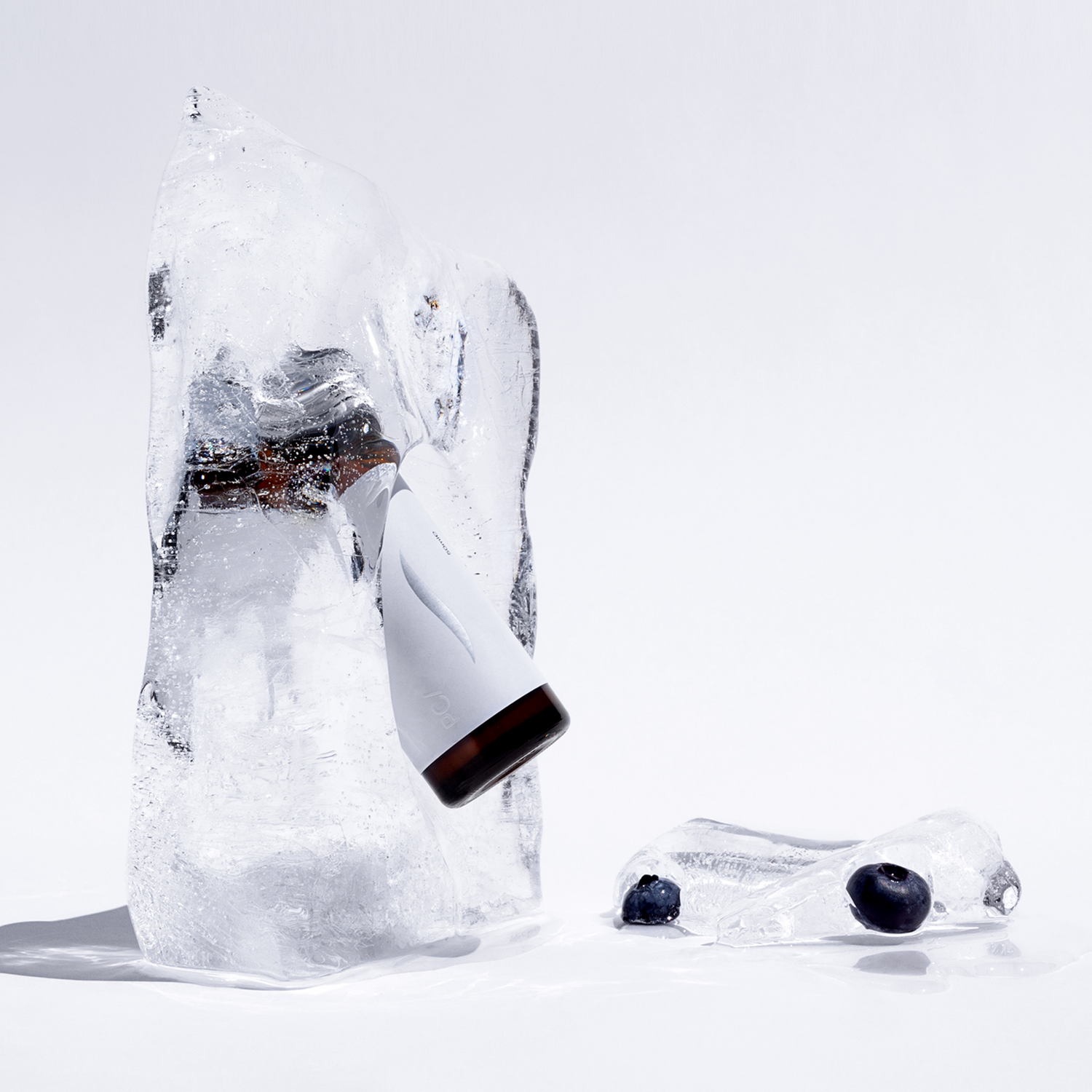What is Collagen? Your Comprehensive Guide
What Role Does Collagen Play in Our Bodies?
Collagen, making up roughly 30% of the body's protein, is the primary component of skin, muscles, tendons, ligaments, and more. It's not just about beauty; collagen ensures the strength and elasticity of our skin, helps blood clot, and offers a protective covering for organs.
The formation of collagen depends on several amino acids, with proline, glycine, and hydroxyproline being the frontrunners. Moreover, vital nutrients like vitamin C, zinc, copper, and manganese are essential for collagen synthesis.
Are There Different Types of Collagen?
There are 28 known collagen types, each having a unique triple helix structure. However, the five primary types are:
- Type I: Predominant in skin, bones, and tendons.
- Type II: Essential for joint support, found in cartilage.
- Type III: Present in muscles, arteries, and organs.
- Type IV: Located in skin layers.
- Type V: Found in eyes, skin, hair, and placenta.
How Does Aging Affect Collagen?
As we age, collagen production naturally declines, resulting in weaker collagen. This drop is especially significant in women post-menopause and everyone after 60. Indicators of decreasing collagen include:
- Wrinkles or saggy skin.
- Hollowing around eyes and face.
- Muscle weakening.
- Reduced tendon and ligament flexibility.
- Joint pain or osteoarthritis.
- Digestive issues.
What Damages Collagen Levels?
Certain lifestyle habits and diseases can deplete collagen:
- Smoking: A known inhibitor of collagen production.
- Diet: High sugar and refined carbs weaken collagen.
- UV Exposure: Prolonged sunlight exposure affects collagen adversely.
- Diseases: Autoimmune conditions, some genetic mutations, and aging factors can compromise collagen.
To maintain collagen levels, it's advisable to wear SPF 30 or higher sunscreen, adopt a balanced diet, and sidestep tanning beds.
Does Diet Influence Collagen Production?
While consuming collagen directly won't increase its levels, foods rich in amino acids and nutrients that support collagen can be beneficial. Collagen-friendly foods include oranges, strawberries, bell peppers, mushrooms, meats, poultry, and grains.
What Are Collagen Peptides And Are They Effective?
Hydrolyzed collagen (collagen peptides) chains of amino acids. Sold as hydrolyzed collagen, making it more digestible than whole collagen
Are Collagen Supplements Effective? And what is hydrolyzed collagen?
Research supports the benefits of collagen supplements, especially in hydrolyzed form. To make collagen more easily digestible by the human body, the collagen protein is enzymatically broken down into chains of amino acids, which are called collagen peptides or hydrolyzed collagen. Supplements with hydrolyzed collagen have proven to enhance skin hydration, elasticity, and wrinkle appearance. Hydrolyzed collagen also can be crucial in improving bone mineral density, especially for post-menopausal women, and alleviating osteoarthritis symptoms.
Nevertheless, it's important to note that ingested collagen will be first used by the body wherever it is needed the most, meaning that effects on the skin might not be the first noticeable changes.
Are There Any Side Effects to Collagen Supplements?
Collagen supplements are generally considered safe and free from side effects.
Conclusively, while collagen is a vital protein in our bodies, understanding its function and how to support its production can help us maintain youthful skin and robust overall health.


